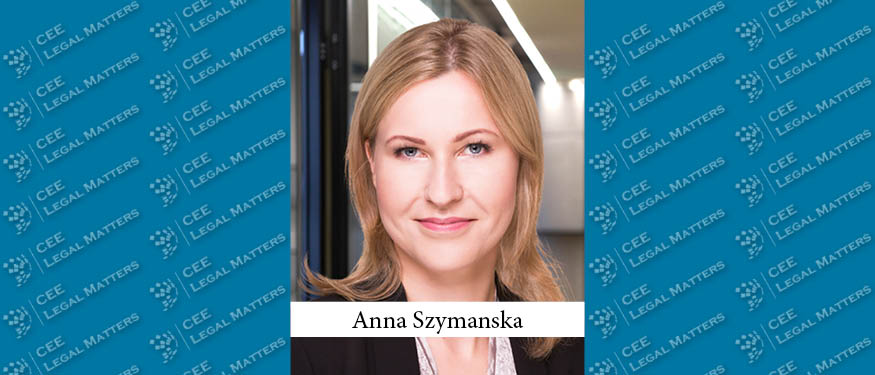It is not uncommon for an employee to disagree with and criticise his superior. In this case the fundamental right to freedom of expression of the employee competes with his obligation to co-operate with his colleagues. Further, there are cases where the criticism by the employee is not protected by the freedom of expression and may be ground for dismissal, as shown by a fresh decision of the Hungarian Supreme Court analysed in this short article.
Facts
The claimant worked as a technical and energy manager at the employer manufacturing electronic cables for automotive companies. In 2020, the coronavirus pandemic severely affected the automotive industry, the defendant suffered dramatic cuts in orders that is why he had to make measures to reduce the working time.
The claimant’s direct supervisor, the company manager offered various alternatives (part-time employment in the same position, full-time employment in a different position or downtime) but the claimant refused all offers and later was declared unfit for work. After that, the claimant wrote an e-mail to the employer’s managing director, accusing the company manager among others with taking proceedings against him that were incorrect, illegal and unsportsmanlike.
Due to the above, the employer terminated the claimant’s employment by extraordinary dismissal. According to the justification of the dismissal, the claimant’s behaviour that he complained against his supervisor so that his letter contained untrue facts and accused his supervisor of incorrect and unlawful actions without any legal basis, made it impossible to maintain the employment, as the employer lost his trust in the claimant.
First and second instance judgements
The claimant sued the employer for damages and severance pay claiming that his dismissal was unlawful as he exercised his right to freedom of expression in accordance with the provisions of the Labour Code.
The first instance court dismissed the claimant’s action. In the court’s view, the claimant wrongly described the options offered by the employer as illegal and the witness statements did not support the claimant’s allegations in the letter.
The second instance court agreed with the first instance court’s findings and upheld the judgement. The court emphasized that the limitation of the freedom of expression is that the speech must not contain untrue statements. Besides the subjective opinion of the claimant, he submitted statements of facts which did not correspond to the reality.
According to the second instance court, the claimant’s letter could undermine the relationship between the managing director and the company manager. Therefore, it is reasonable that the employer lost his trust in the claimant, thus the justification of the dismissal shall be considered as lawful.
The decision of the Supreme Court
The Supreme Court dismissed the claimant’s request for judicial review. In the Supreme Court’s view, the employer successfully proved that the claimant, by circumventing his immediate superior, wrote a letter listing his grievances, a large part of which were untrue and capable of discrediting the company manager. As claimed by the second instance court, this behaviour could not fit in the category of freedom of expression.
The claimant, as a member of the management, had a special relationship of trust with the employer, and was therefore under a heightened obligation of cooperation, thus his beforementioned conduct is unacceptable.
When assessing the seriousness of the claimant’s misconduct, account had to be taken of his position in the employer’s organization, his managerial position, and the fact that his letter could have led to a negative perception of his immediate superior and his colleague in management.
To summarize, the claimant seriously breached his duty of cooperation, and his conduct could cause the loss of the mutual trust that the managing director and the claimant’s colleagues needed in the employment relationship.
Comment
The final judgement is in line with the well-settled court practice in two respects. First, the Supreme Court confirmed that the limitation of the freedom of expression is that the statements of the employee must be true, thus the criticism which contains untrue statements is not protected by the freedom of expression. Second, the highest judicial forum affirmed its previous practice that the managerial position of the employee entails increased obligation of cooperation and may influence the seriousness of the employee’s misconduct.
By Anita Vereb, Attorney-at-law, SmartLegal Schmidt & Partners
















